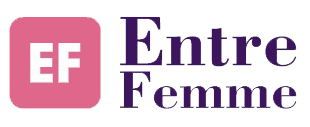

Disclaimer: Commercial content is produced by Entre Femme Advisor and is independent of Entre Femme Editorial and Advertising. We and our partners may be compensated if you purchase a product or service through the links on our website.

23 February 2023